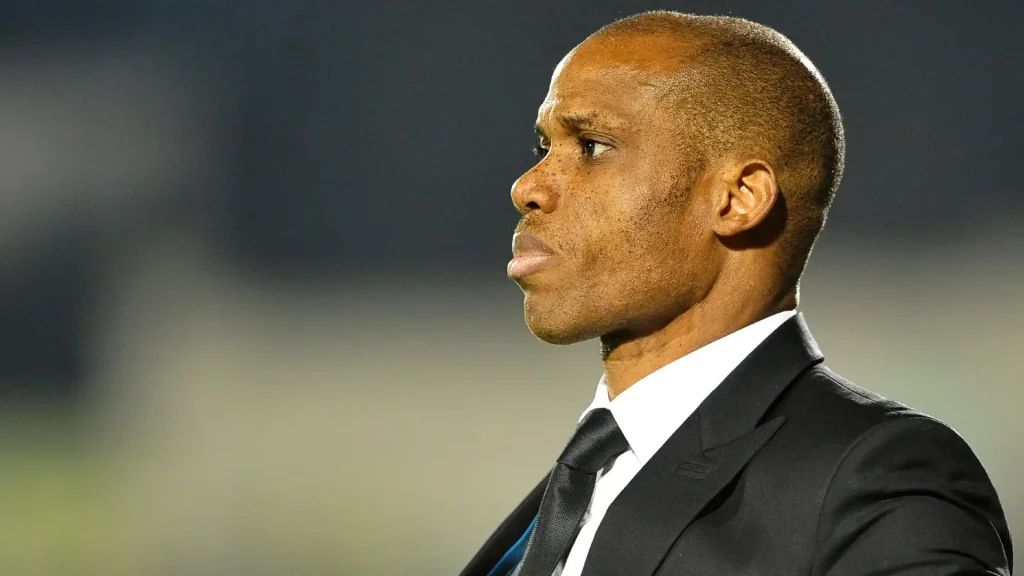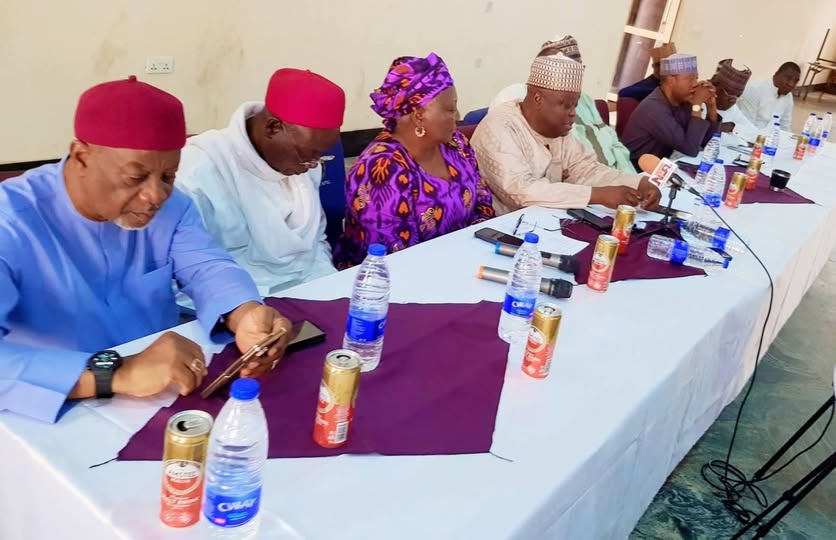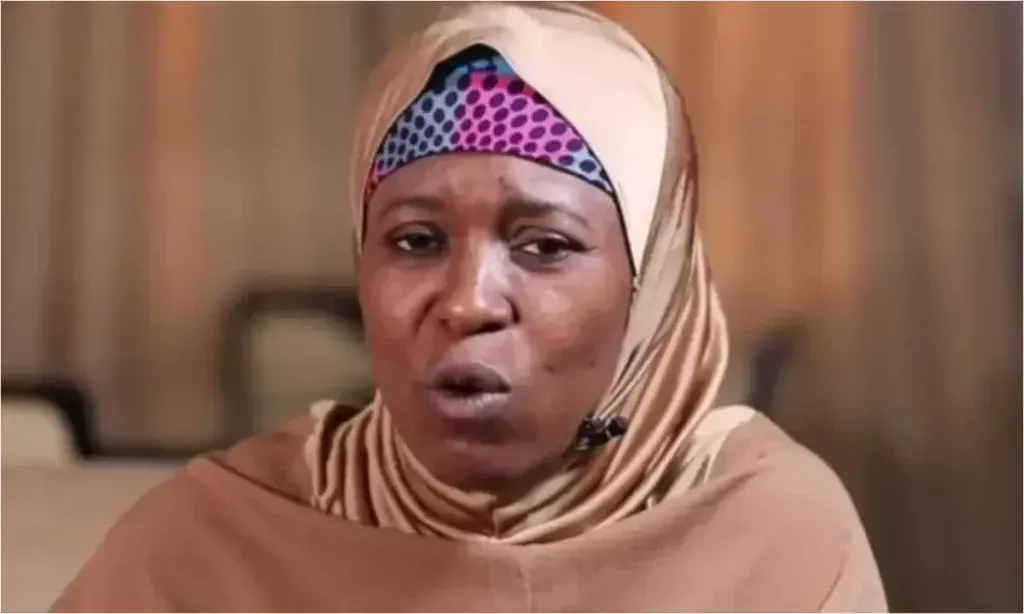Africa Loses $50 Billion Annually to Illegal Financial Outflows
A shocking revelation has been made by the Nigerian Shippers’ Council, revealing that Nigeria and other African nations are losing a staggering $50 billion every year to illegal financial outflows. This staggering figure was disclosed by Pius Akutah, the Executive Secretary/Chief Executive Officer of the Nigerian Shippers’ Council, during a recent debate competition themed “Effective whistleblowers protection mechanism: A critical tool in the fight against corruption.”
Akutah explained that illicit financial outflows have a negative impact on the quality of life in Africa, hindering efforts to lift people out of poverty and provide basic services. He emphasized that every effort to achieve these goals has been severely hampered by corruption. “From research, it is noted that Africa loses more than $50bn annually through illicit financial outflow,” he stated.
The NSC boss added that corruption is a global phenomenon that affects every facet of human society, retarding national advancement, stability, and prosperity. He stressed that it is essential to engage young people in discussions about national, continental, and global issues, as they are an integral part of society.
Akutah also highlighted the importance of effective coordination between investigative, prosecution, and judicial systems to ensure the protection of whistleblowers and an effective whistleblowing mechanism in the fight against corruption. He pointed out that recognizing whistleblowing as a critical element in combating corruption has led to the establishment of institutions, laws, and policies at national, regional, and global levels to protect whistleblowers.
The Nigerian Shippers’ Council has a policy to protect whistleblowers, as outlined in the NSC Code of Conduct. The council’s Anti-Corruption and Transparency Unit is also responsible for the protection of whistleblowers. According to Akutah, the efforts of whistleblowers in the country have led to the recovery of billions of naira, which has been invested in the development of critical infrastructure.
This alarming revelation highlights the urgent need for African nations to tackle corruption and illicit financial outflows, which hinder economic growth and development on the continent.



